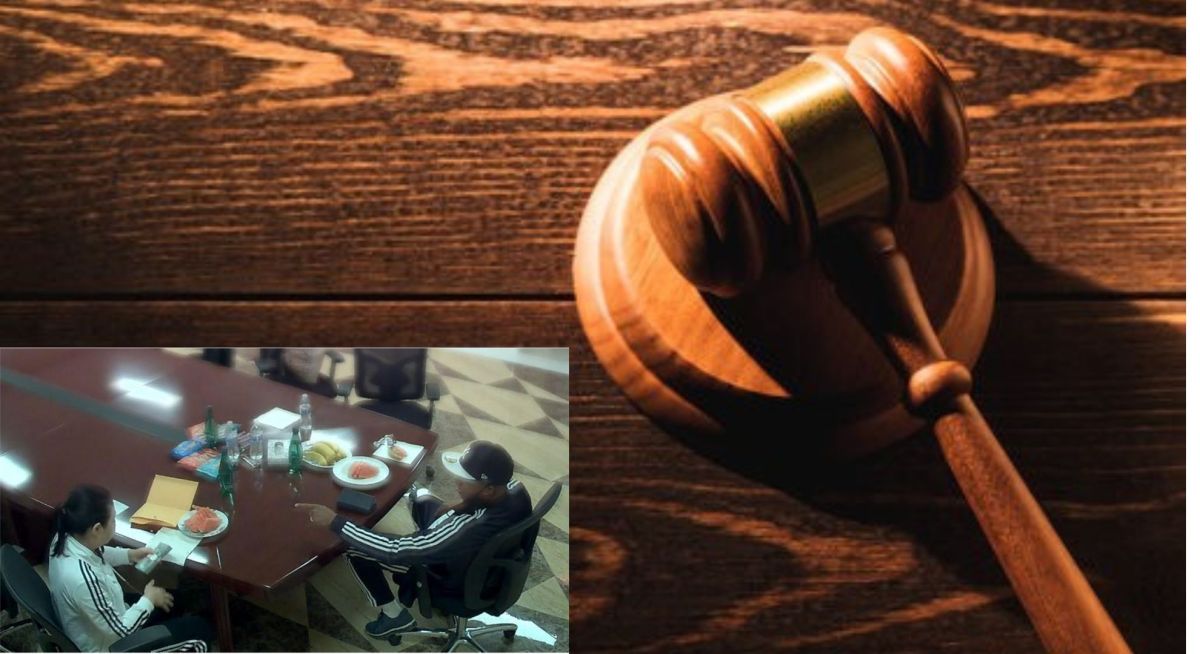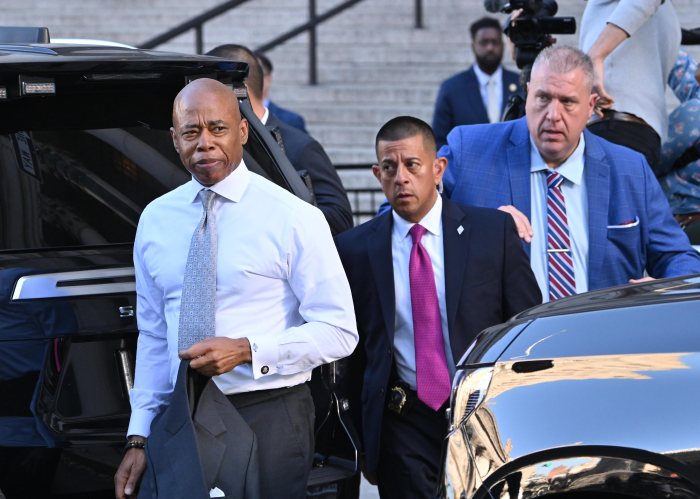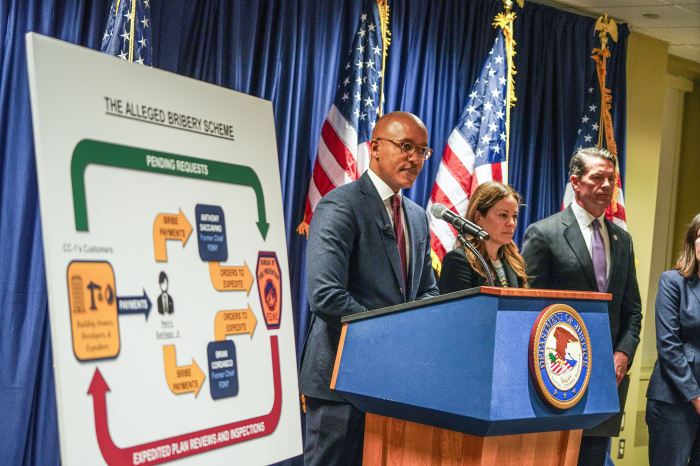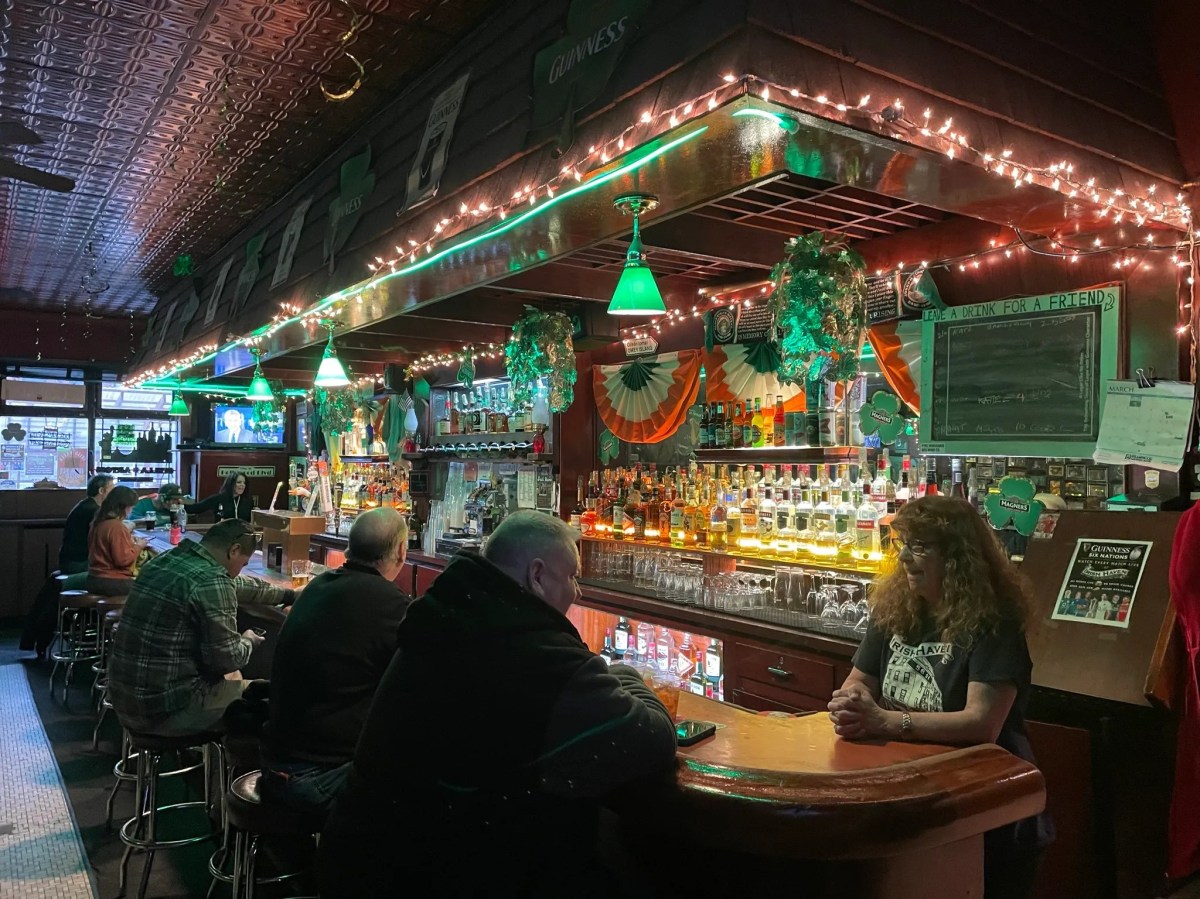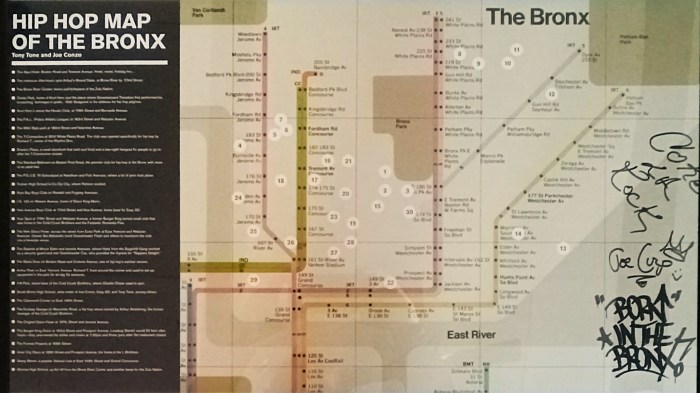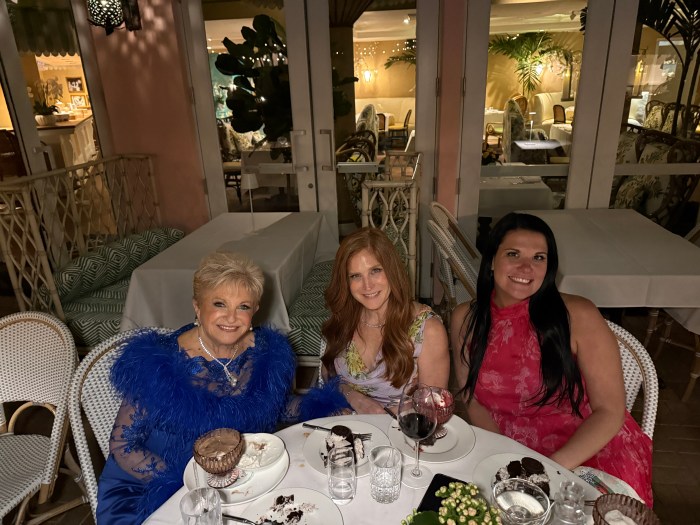Three people were arrested for allegedly defrauding an emergency housing program during the height of the COVID-19 pandemic for personal gain, prosecutors announced Thursday.
Clifton Park, New York resident Julio Medina, 64, Baldwin resident Christopher Dantzler, 49, and Manhattan resident Weihong Hu, 59, were charged with conspiracy to commit wire fraud, honest-services wire fraud, money laundering conspiracy, conspiracy to violate the Travel Act and the use of a facility of interstate commerce in aid of commercial bribery.
“The defendants’ brazen and illegal kickback scheme stole money from the City of New York that was intended to provide emergency housing and support services during the pandemic,” stated United States Attorney John J. Durham. “Shamefully, the defendants saw the pandemic as an opportunity to line their pockets with stacks of cash, finance a luxury vehicle, purchase homes and pay off personal debts. While New York City was trying to curb the spread of COVID-19, the defendants exploited a nonprofit organization to enrich themselves. My Office will relentlessly pursue those who steal public funds and deprive members of our community of crucial resources.”
According to the indictment, Medina allegedly founded and served as the Executive Director and CEO of a nonprofit organization, with one of the services offering various reentry services to formerly incarcerated individuals. In June 2020, the New York City Mayor’s Office of Criminal Justice (MOCJ) contracted the nonprofit to administer an emergency transitional housing program to combat the spread of COVID-19 in New York City jails. The program was intended to partner with local hotels and other businesses to achieve that goal.
Medina’s organization allegedly entered agreements with various hotels to operate as reentry hotels under the program, with the business gaining $122 million in public funds from MOCJ between June 2020 and December 2023 to operate the emergency housing program at these hotels.
Dantzler and Hu allegedly operated businesses that received tens of millions of dollars in public funds from Medina’s organization under the program. Dantzler’s company allegedly provided security services at the reentry hotels, however the business was allegedly not a licensed security company and did not provide security services. Hu allegedly operated or controlled two hotels in Queens that operated as reentry hotels under the emergency housing program and was a member of a repurposed catering company that provided food services to formerly incarcerated individuals residing at reentry hotels.
Medina allegedly solicited and accepted bribes and kickbacks from both Dantzler and Hu in exchange for Medina providing for their businesses in this scheme under the guise of the emergency housing program. Among the bribes allegedly included Dantzler and Hu purchasing Medina a $1.3 million townhouse, Hu financing a luxury vehicle for Medina through one of her businesses valued at $107,000, and Dantzler purchasing and renovating a house for Medina, valued at $750,000. A photo submitted into evidence allegedly depicts Hu providing Medina with a stack of wrapped U.S. currency in September 2020 in exchange for two checks from the Organization made out to Hu’s catering company, totaling more than $187,000.

In total, Dantzler and Hu allegedly provided Medina at least $2.5 million in U.S. currency and in-kind benefits in exchange for him steering $51 million in public funds from the Emergency Housing Program to Dantzler’s and Hu’s businesses. Danztler’s company allegedly received $21 million in public funds, with Dantzler retaining $9 million, and Hu’s hotels allegedly received $12 million in public funds while the repurposed catering company received $17 million.
“As charged, these defendants, an Executive Director of a City-funded nonprofit and the principals of the nonprofit’s subcontractors, engaged in and concealed a bribery and kickback scheme, pocketing millions of dollars of funds intended to provide emergency housing and support services in New York City during the COVID-19 pandemic,” said DOI Commissioner Jocelyn E. Strauber. “I thank the Mayor’s Office of Risk Management and Compliance for the referral to DOI that prompted this investigation and the U.S. Attorney’s Office for the Eastern District of New York and the FBI for their partnership and commitment to protect critical public resources.”
“These three defendants allegedly pocketed millions of dollars from public funds allocated for emergency housing during the pandemic,” said FBI Assistant Director in Charge James E. Dennehy. “This alleged kickback scheme abused a program designed to provide a vulnerable population with healthier, unexposed lodging alternatives, to finance enhancements to the defendants’ lifestyles. The FBI will never tolerate any individual who twists public programs into a mechanism to sell services for personal profit.”
Read More: https://www.amny.com/police-fire/courts/



